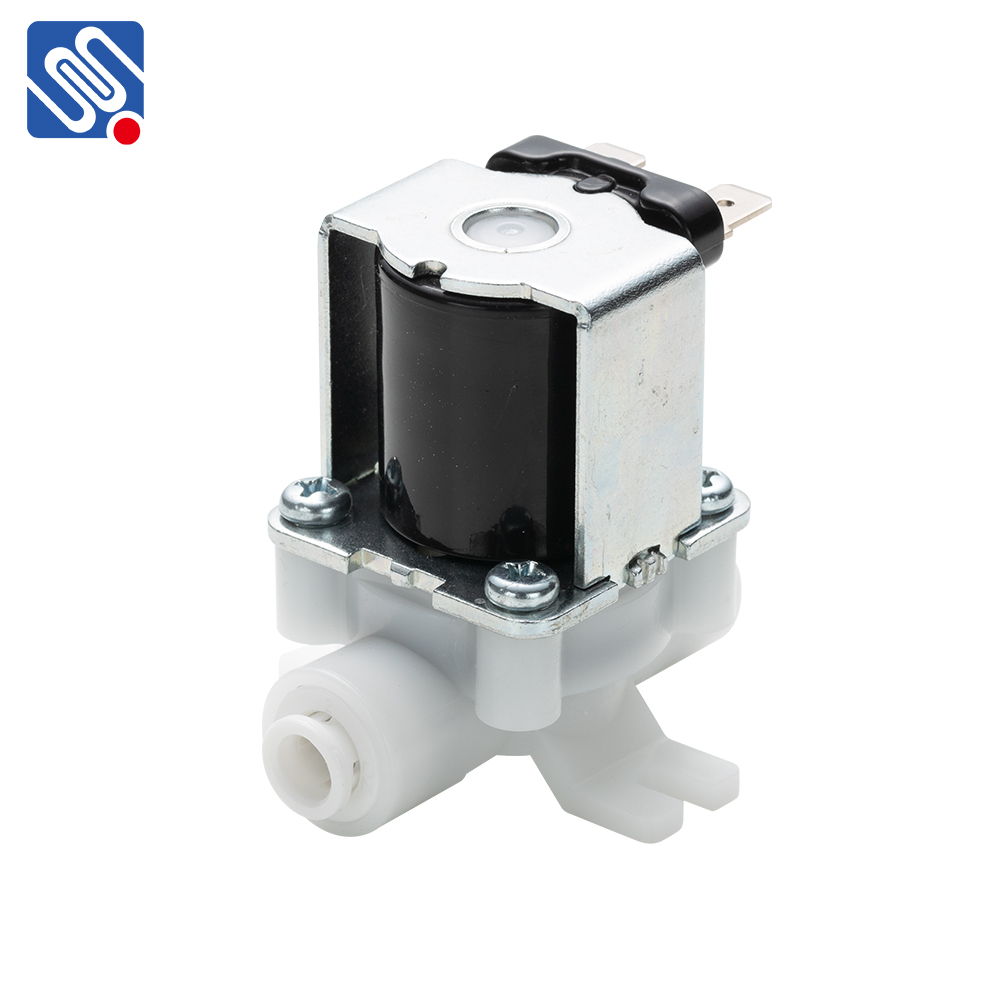Food grade solenoid valve certification is crucial for ensuring that the components used in food production systems meet the strict health and safety standards required in the food industry. These valves control the flow of liquids or gases and are an integral part of various food processing applications, including beverage production, dairy, and food packaging. This certification guarantees that the materials used in the valves are safe for direct contact with food and that the valves function efficiently under the demanding conditions of food manufacturing processes.

Importance of Food Grade Solenoid Valves In the food and beverage industry, maintaining hygiene and preventing contamination is a top priority. Solenoid valves, which control the flow of liquids and gases using an electric current to create a magnetic field, must meet strict guidelines to ensure they do not negatively impact the quality or safety of food products. Food grade solenoid valves are designed to prevent contamination during the production, storage, and packaging of food items, thus ensuring the integrity and safety of the final product. Material Safety and Compliance One of the key aspects of food grade solenoid valve certification is the use of materials that are safe for food contact. The materials in these valves must comply with various food safety standards, such as the FDA (Food and Drug Administration) regulations in the United States or the European Union’s regulations under EU 1935/2004. These regulations outline the requirements for materials that come into contact with food to prevent any harmful chemical migration or interaction that could compromise food safety.
Leave a Reply